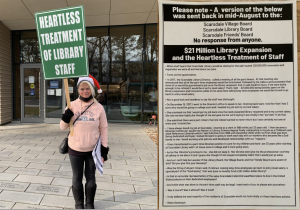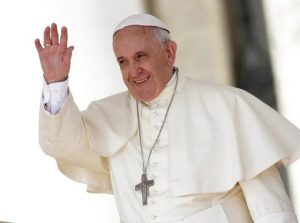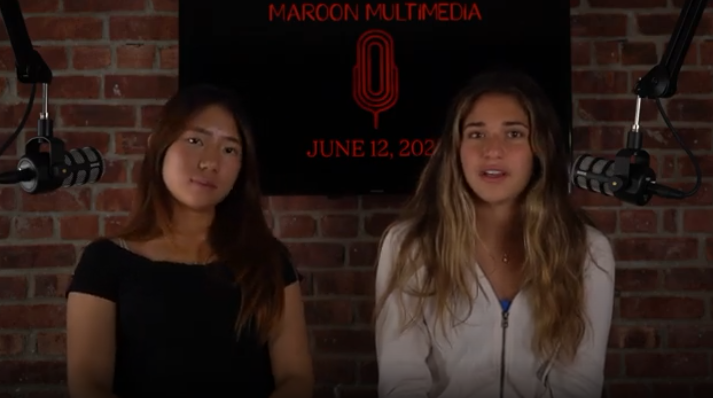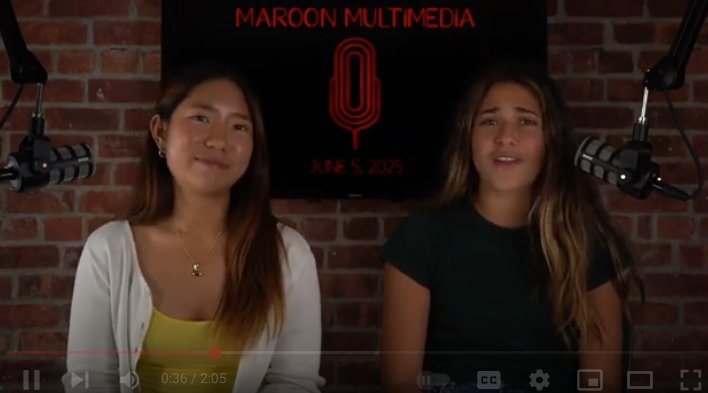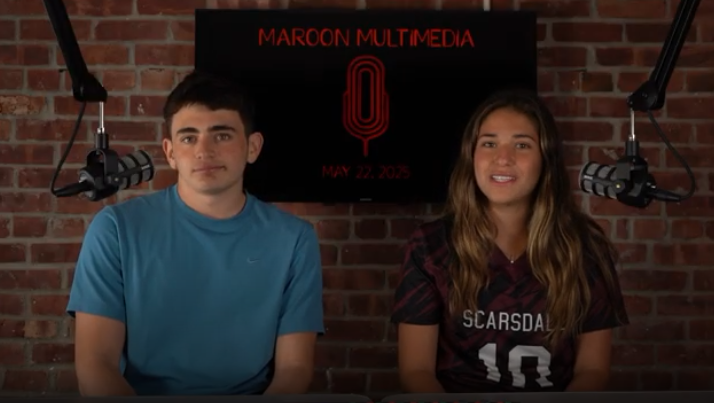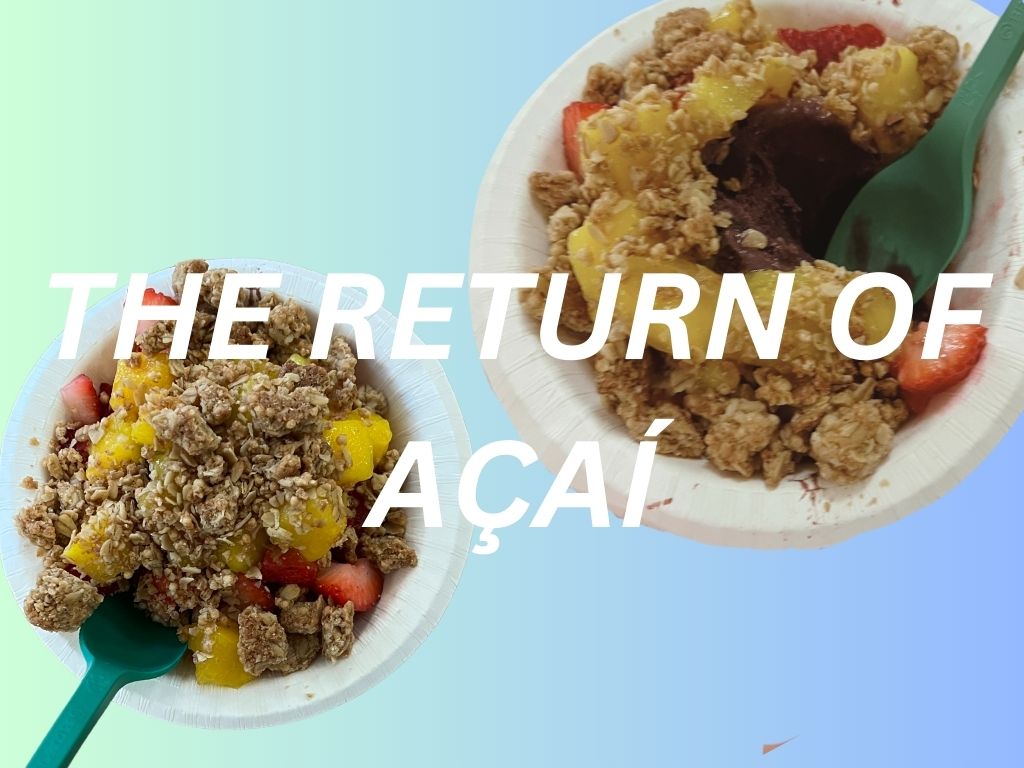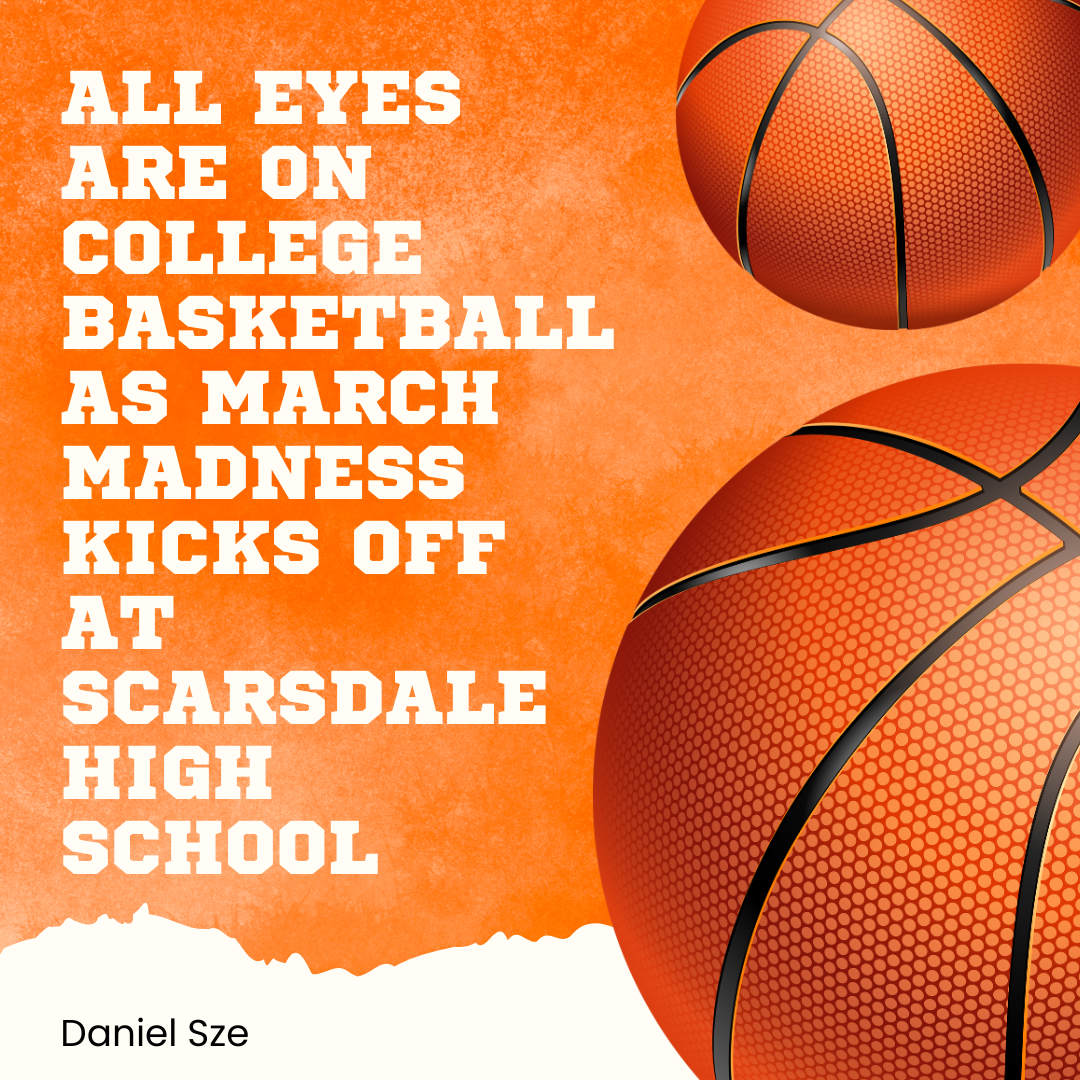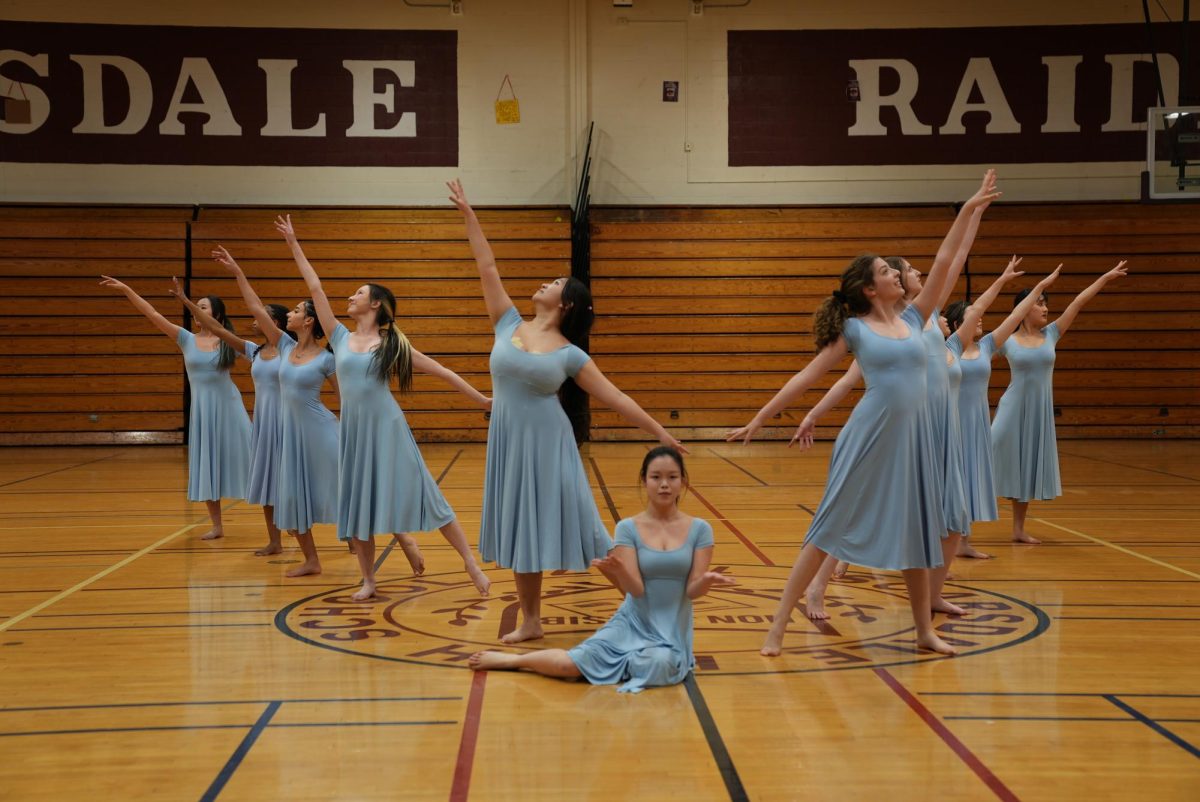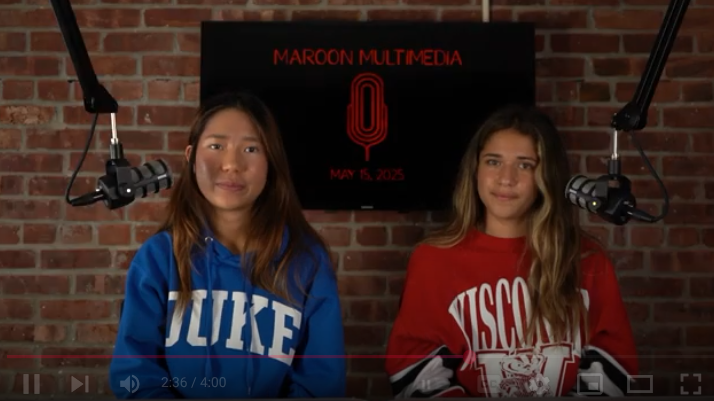The Many (Tear-Inducing) Layers of Spirit: A Critical Review

Photo credit: Pixabay
March 26, 2015
Scarsdale High School is currently in the process of becoming, in many senses of the word, an increasingly exclusionary place. All too often do we hear students talk about how great their weekend or vacation was, or how much they have accomplished in their vari- ous extracurricular activities. With each of these casual remarks or innocuous references to some extracurricular merit, students can unknowingly contribute to an atmosphere of exclusion, becoming indicators of a much broader and largely ignored issue: a social polarization which is beginning to take an increasingly heavy toll on the lives of students here at SHS.
Making matters worse are the school government-backed remedies to this conflict, which, no matter how well-intentioned they may be, can often work to exacerbate the problem. Perhaps as an unfortunate result of this failed intervention, then, much of this tension is currently being manifested in our conception of what it means to have “spirit.” Pep rallies, for example, are mandatory assemblies which, although they admittedly have the potential to be public displays of kinship and support, can simultaneously be inter- preted by other students as stark and deprecative reminders of the fact that they may not be able, for whatever reason, to participate in those activities themselves. Other events, like the regular Raiders games or the much-anticipated senior class prom, have this same potential to induce many of these discouraging side-effects.
None of these things are particularly rare occurrences either; you all probably remem- ber last Friday’s intercom shoutout to the departing hockey team. We challenge you now, however, to try to remember the last time you heard an announcement, or anything, for that matter, encouraging one of our non-athletic teams. If you can’t, you should begin to see what we mean. These efforts are quite literally the definition of attempting to heal broken bones with the proverbial and overly holistic “band-aid,” and it is by ignoring these underlying tensions that the heavy-handed attempts by the student government to encourage inclusive behavior can malfunction, inadvertently bordering on a tactless and impersonal insouciance. Much of this conflict is, of course, inevitable, but what is not static is the ability of the student government to alleviate it. The duty of the school government, after all, is to construct an environment that is oriented towards combating the problems of those students who are not having the best experience. This obligation,
however, should not be limited to our already hardworking cabinet members. Instead of misconstruing the current social and academic climate at SHS, which is far from idyllic, by endorsing generic and overly optimistic efforts to encourage participation, we should all acknowledge that everyone, whether they are ready to admit it or not, is faced at some point with self-doubt or social anxiety. For these reasons, we believe that this junior class government’s decision to not participate in this year’s hallway decoration is a step, albeit a small one, in the right direction.
As we prepare to forge onward and take the next few steps, however, it is crucial that we remember why
change has become necessary in the first place. Instead of continuing on the path of nonparticipation and merely adopting a doctrine of rejection, we should take advantage of this opportunity, this explicit challenge to the status quo, to embrace reform. And while this may seem contradictory at first, the question here is one of root causes. For the source of these problems is not spirit itself, which is inherently an invaluable driving force behind any wholesome and unilateral community, but the way we have gone about incorporating and encouraging it. Indeed, what the student body needs now is a larger and more encompassing effort to bolster spirit, especially for those who might be less athlet- ically inclined. We as a class could incorporate a higher percentage of the activities and clubs at spirit rallies or encourage more spontaneous and personal celebrations of spirit. We could host more frequent and widely publicized club fairs. We could also officially dub more competitive teams at SHS, be they athletic or otherwise, “Raiders,” permanent- ly reaffirming their constituents’ status as active members of Scarsdale’s extracurricular community in a more tangible way (under this sign we shall conquer). It is with efforts like these that we can begin to deconstruct the antiquated and exclusionary norms which continue to pervade our educational spaces, and, by discussing and implementing such progressive initiatives, we can begin to widen the scope of our perception of these issues, thereby fostering a more considerate environment which is as true in deed as it is in word to the inherently inclusive spirit of “spirit” itself.
Op-ed by David Wang and Gustaf Ahdritz


